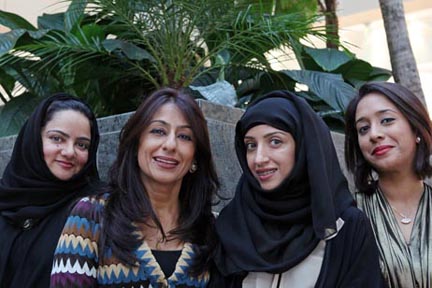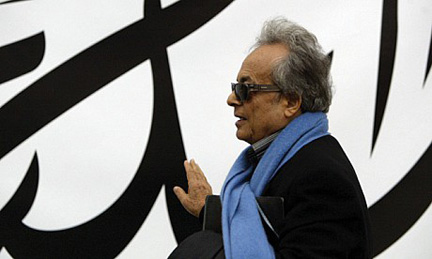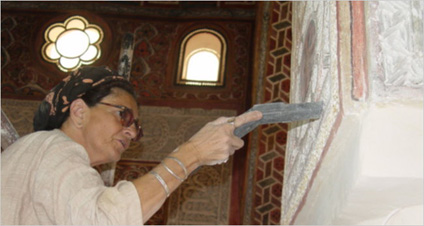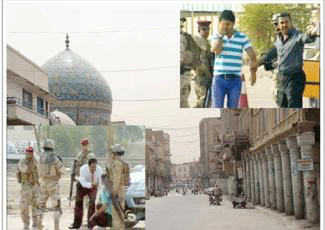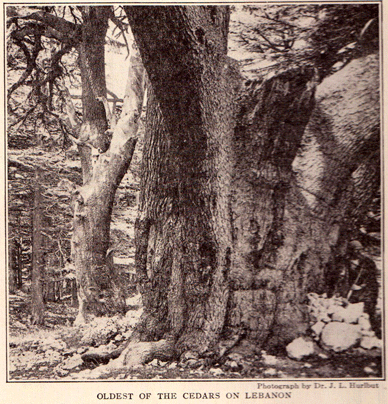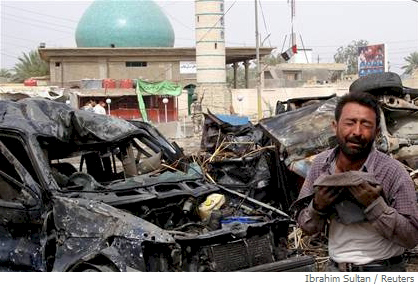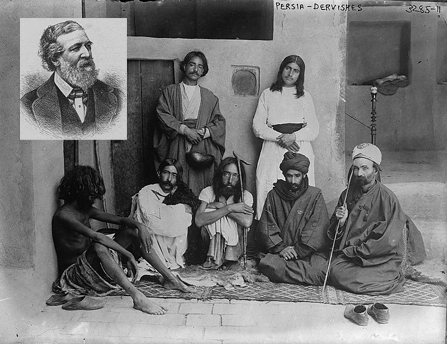
The poet Robert Browning left a large corpus, including his translation of Goethe’s masterful West-östlicher Diwan. One of his longer poems is an Oriental tale entitled Ferishtah’s Fancies. Recently in a used book shop I bought a copy of the 1885 edition published in Boston by Houghton, Mifflin and Company. There is an ironic epigraph for this Orientalist tale from Shakespeare’s King Lear (Act III, Scene 6) at the forefront:
You, Sir, I entertain you for one of my Hundred; only I do not like the fashion of your garments: you will say, they are Persian; but let them be changed.”
Browning’s verse is as antiquated today as the tale he spun, but still worth looking at if only for the nostalgia of Victorian English prose. Here is an excerpt from the encounter of Dervish Ferishtah with a former high official now beggared:
The Mellon-seller
Going his rounds one day in Ispahan, –
Half way on Dervishhood, not wholly there, –
Ferishtah, as he crossed a certain bridge,
Came startled on a well-remembered face.
“Can it be? What, turned melon-seller – thou?
Clad in such sordid garb, thy seat yon step
Where dogs brush by thee and express contempt? Continue reading Of Dervishes, Fools and Prime Ministers
